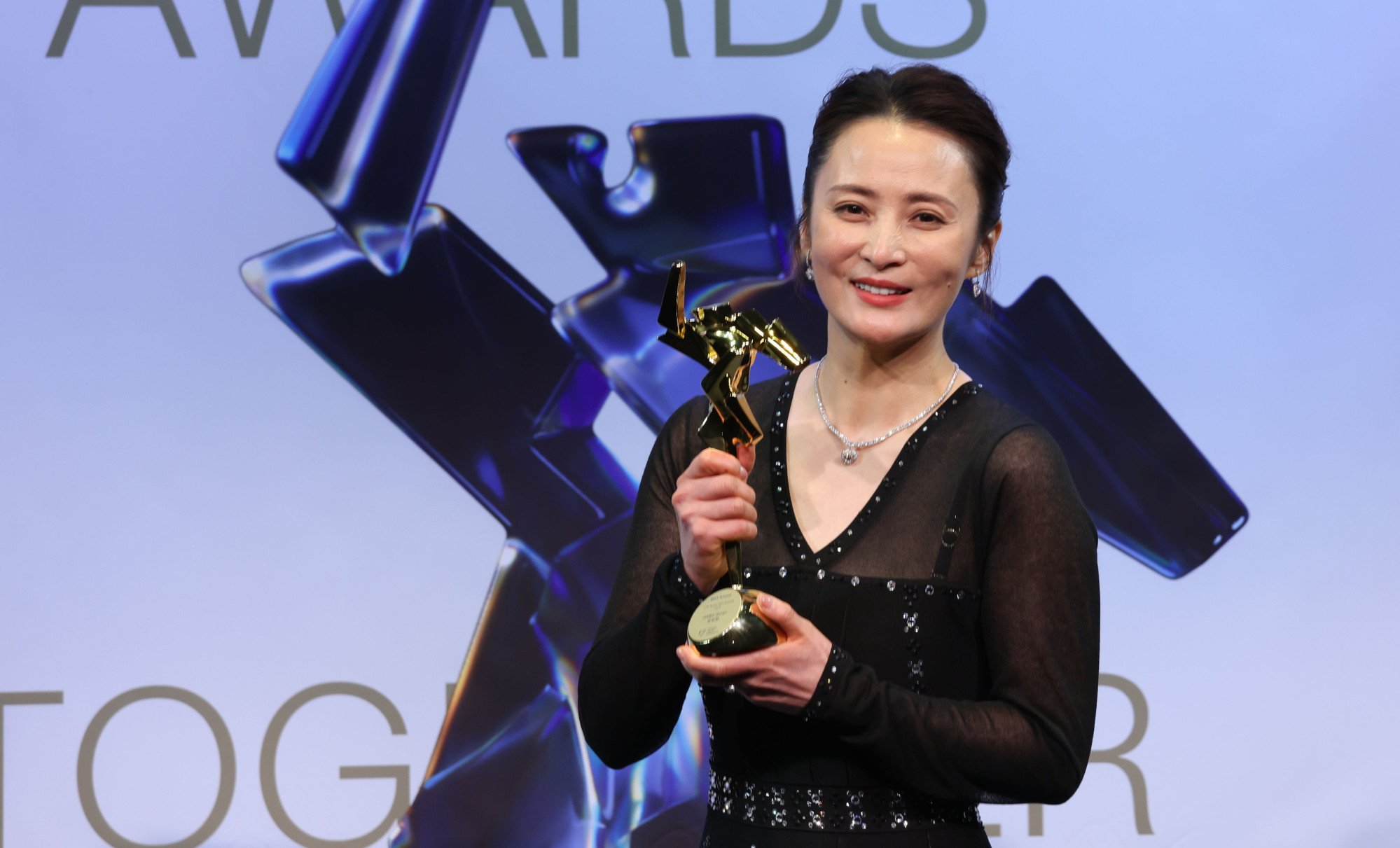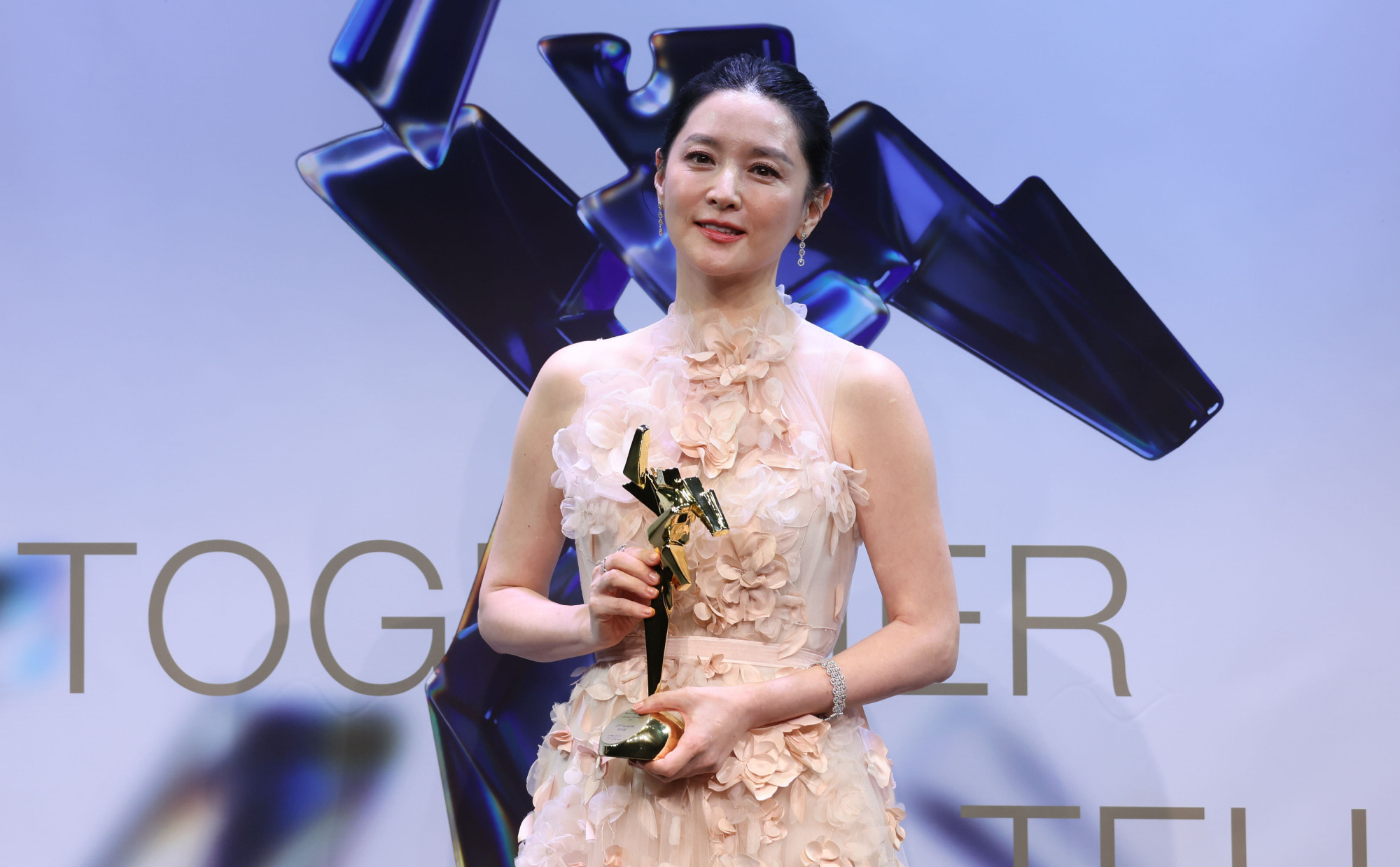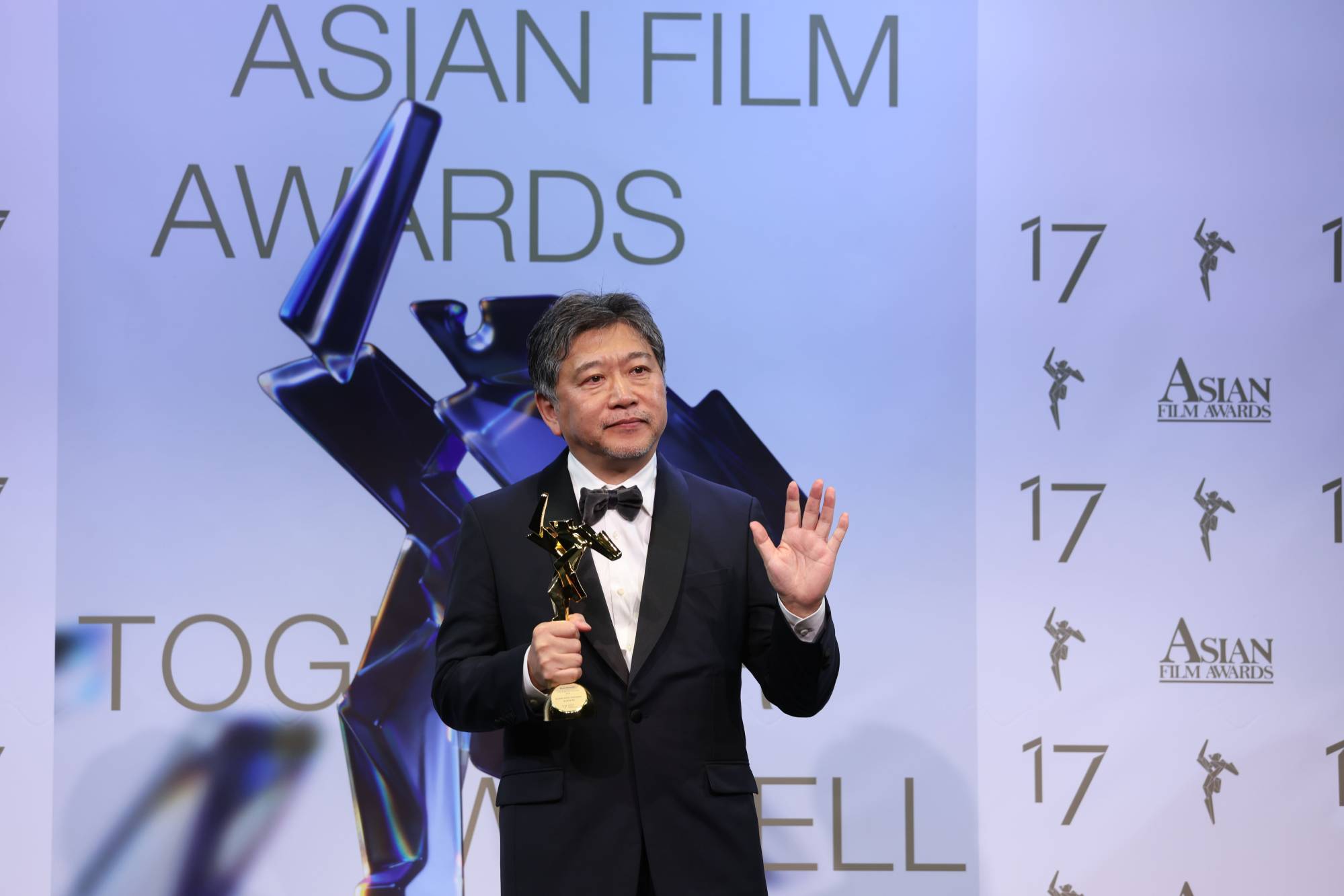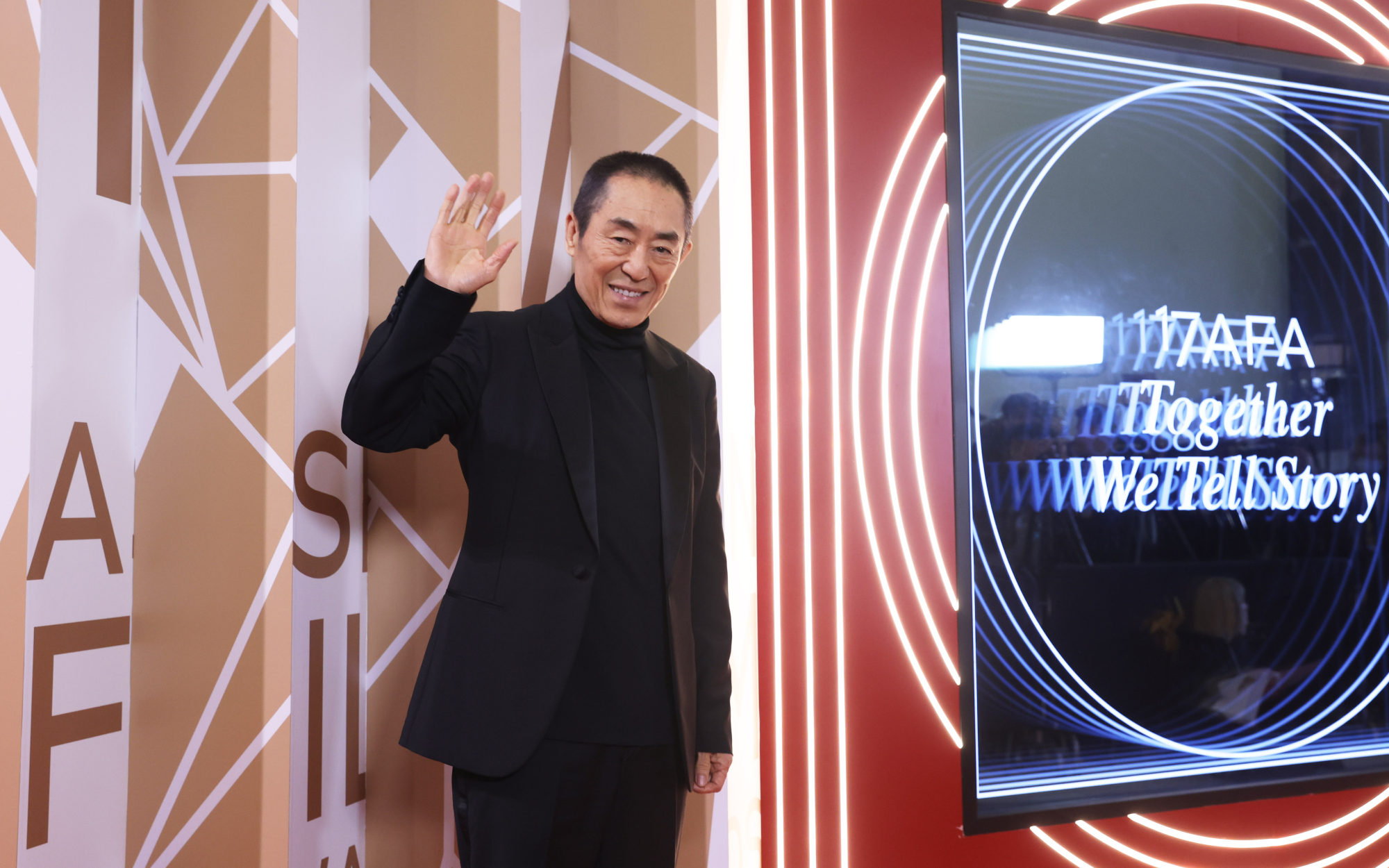“I feel all of your love and care,” he said. “This award doesn’t belong to me. It belongs to us.”

The 36-year-old said he had not imagined winning the award as other contenders were outstanding.
“There are limited resources [for filming] in Hong Kong, but this should not be an excuse. We should cook the best dish with all the things we have,” he told local media backstage.
He will compete for best director and best new director at the Hong Kong Film Award next month.

Find & reserve investment properties in
Turkey or Dubai from the comfort of
your home.
Time Still Turns the Pages had already bagged two prizes at Taiwan’s Golden Horse Awards last November, for best new director and audience choice.
Hong Kong’s Rachel Leung Yung-ting landed her first best supporting actress award for In Broad Daylight. The 30-year-old plays Wong Siu-ling, an intellectually disabled girl at a residential care home who is later raped by the superintendent there.
Sobbing on stage, Leung said she was very thankful to the film’s director, Lawrence Kan Kwan-chun, for trusting and giving her the role.
Thirty-five films from 24 countries and regions in Asia competed for 16 awards, with the ceremony held in Hong Kong for a second year in a row.
Other Hong Kong films in the running included crime dramas In Broad Daylight and The Goldfinger, as well as wistful coming-of-age drama Fly Me to the Moon.

Competition in the best actor category was fierce, with Hong Kong superstar Tony Leung Chiu-wai – in the running for his role as a charismatic 1980s con man in The Goldfinger – up against mainland China’s Shen Teng, Taiwan’s Wu Kang-ren, South Korea’s Hwang Jung-min and Japan’s Koji Yakusho.
Both Leung and Yakusho had previously picked up best actor awards at the Cannes Film Festival in France, while Wu scored at Taiwan’s Golden Horse Awards and the Hong Kong Film Critics Society Awards for his performance in Malaysian drama Abang Adik last year.
Yakusho, 68, took the gong on Sunday for his role in Perfect Days, in which he plays a toilet cleaner who tries to find beauty through music, books and other people in his seemingly unchanging daily life.
The mainland’s Jiang Qinqin, 48, defeated her peer Zhou Dongyu, South Korea’s Jung Yu-mi, Japan’s Rinko Kikuchi and Taiwan’s Audrey Lin Pin-tung in her first nomination to take the best actress award for Dwelling by the West Lake featuring rural China.
“I really didn’t expect it because I thought I had already been on stage once as an award guest,” she said. “Thanks to movies, I get to learn about the world, life and myself.”
Hong Kong’s Man Lim-chung landed his second best costume design award, this time for The Goldfinger. He won his first in 2013 for The Silent War, also starring Tony Leung.
Eric Lam Chi-kiu also won his first best production design award with The Goldfinger.

Japan’s Hirokazu Kore-eda landed the best director prize for a third time with mystery thriller Monster, featuring the last scoring project by renowned composer Ryuichi Sakamoto, who died two months before the film’s Cannes debut last May.
The best film award went to Ryusuke Hamaguchi’s Evil Does Not Exist, a rural drama centred on a single father and his young daughter who depend on one another.
South Korea’s Park Hoon won best supporting actor for his role in tense war film 12.12: The Day, based on the true story of a 1979 coup in Seoul.
The Asian Film Awards are presented by the Asian Film Awards Academy, an organisation jointly established by the Hong Kong, Tokyo and Busan international film festivals to promote outstanding Asian movies and praise industry talent.
Secretary for Culture, Sports and Tourism Kevin Yeung Yun-hung said at the ceremony the government would inject HK$1.4 billion into the city’s film development fund to support filmmakers in Hong Kong and other Asian countries.
Academy chairman Wilfred Wong Ying-wai said he would lead 16 young filmmakers out of 550 candidates worldwide to its first short film project in Macau under the guidance of professionals.
Earlier in the week, the academy announced it would honour veteran mainland director Zhang Yimou with a lifetime achievement award and a separate prize for directing the highest-grossing Asian film of 2023.

Zhang’s directorial work, Full River Red, grossed US$667 million at the global box office and ranked eighth behind seven Hollywood movies in the list of the world’s highest-grossing films last year.
The Asian Film Awards previously honoured him with an outstanding contribution award in 2010 and named him as best director in 2021 for One Second.
South Korean actress Lee Young-ae, best known for her historical drama series Dae Jang-geum, or Jewel in the Palace, and Japanese actor Ryohei Suzuki, famous for his diverse filmography throughout his two-decade career, also picked up the excellence in Asian cinema award as co-winners.
Thailand’s Win Metawin and the mainland’s Zhao Liying also respectively went away with the academy’s rising star and next generation awards.



